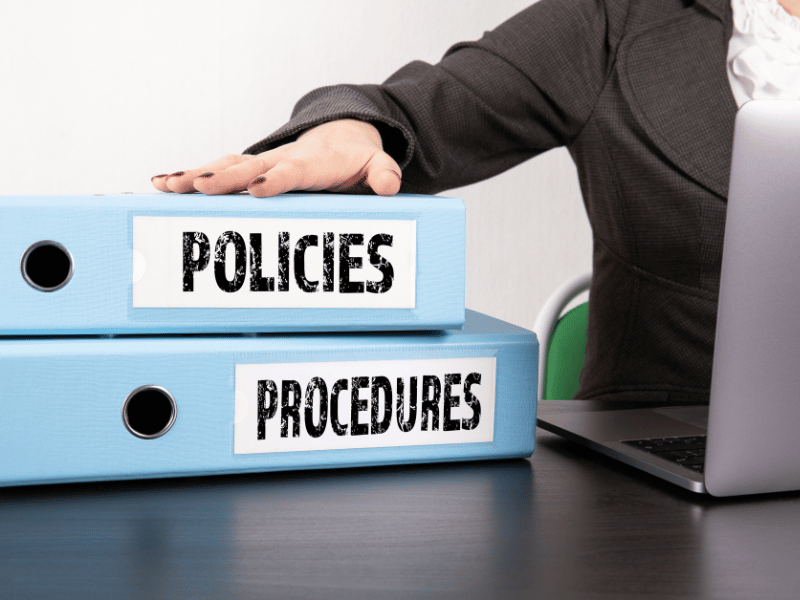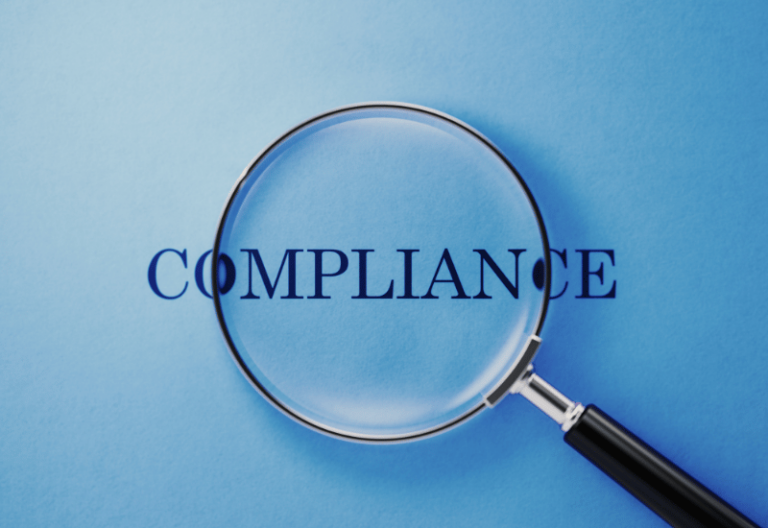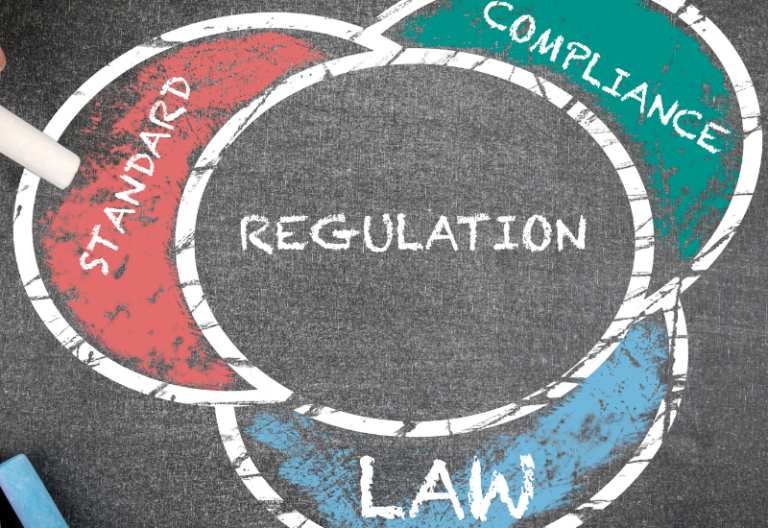Organizations that want to obtain ISO 27001 certification must create policies to implement an effective Information Security Management System.
Here’s an easy-to-understand guide to developing effective ISO 27001 policies for your company.
Table of Contents

What Are ISO 27001 Policies?
ISO 27001 policies are a course of action–they are what your company does to improve your ISMS and obtain ISO/IEC 27001:2022 certification. The International Organization of Standards (ISO) doesn’t provide a list of ISO 27001 policies for companies. However, the organization outlines the requirements so you can apply controls and policies for your company and improve your ISMS.
Your stakeholders should be aware of your company’s ISO 27001 policies. Effective staff training makes employees understand the importance of information security and their responsibility to protect sensitive data. You also share your policies with potential clients and business partners. These policies show them that you value the data they entrust to you.
What Policies Are Required for ISO 27001?
While the ISO doesn’t prescribe a set list of ISO 27001 policies and procedures, you can carefully go over ISO 27001 security standards to develop your own for your company. Below is a detailed list of general policies you should consider to get certified. Note that ISO 27001:2013 has been updated to the 2022 version in October 2022, so make sure you’re referencing the correct version.
Information Security Policy
This policy provides the direction and support for information security in your company. It comprises of the following:
- Objectives
- Leadership commitment
- Staff roles and responsibilities
- Legal and regulatory compliance
- Plans for continual improvement
Access Control Policy
Who should have access to your data? This policy ensures that only authorized persons can handle, modify, create, transmit, and retrieve sensitive information. Thus, this policy should cover:
- User access management
- User responsibilities
- Passwords
- Remote access
- Network access control
- System and application access control
Data Retention Policy
This policy sets the period your company keeps data, such as invoices, employee records, emails, and legal documents before they’re deleted or archived. It ensures your company complies with regulations and helps optimize storage costs. Furthermore, it should also state how your company securely disposes of unnecessary data.
Asset Management Policy
Asset management policy answers the question: What and who manages your company’s assets? It helps identify, classify, and control your company’s assets so you can protect data better. For instance, knowing that certain servers store sensitive customer data allows you to provide enhanced security measures for those servers. This policy covers:
- Asset inventory and classification
- Asset ownership and responsibilities
- Acceptable use of assets
Incident Response Policy
This policy ensures your company can consistently and effectively handle information security incidents. For instance, healthcare employees should know the proper procedures in case of a data breach. The contents of your incident response policy include the following:
- Incident reporting process
- Incident response team and responsibilities
- Incident management procedures
- Post-incident evaluation
Business Continuity and Disaster Recovery Policy
This policy ensures your company can continue to operate, guard sensitive data, and recover quickly during or after a disruption. Outline the strategies and procedures to help you manage risks in case of unforeseen events that disrupt your business operations. Contents include:
- Business Impact Analysis
- Business Continuity Planning
- Disaster Recovery Planning
- Team roles and responsibilities
- Plan testing and Maintenance
Teleworking Policy
Security incidents can happen when employees work remotely and use mobile devices. This policy helps them protect the company’s data they access when telecommuting or working from home. It includes:
- Remote access controls
- Mobile device registration
- Data protection measures
- Authorization guidelines
Backup Policy
Data loss can cost your company millions of dollars. This policy ensures that critical data is backed up properly and can recovered swiftly in case of a data loss or corruption. It should outline the procedures for creating, storing, and maintaining backups. Include the following under this policy:
- Backup frequency and retention
- Backup storage
- Backup testing
- Roles and responsibilities (e.g., backup administrator, IT staff, data owners, audit and compliance)
Third-Party Supplier Policy
If your company employs contractors, subcontractors, and other suppliers, then you need a third-party supplier policy. These guidelines ensure that third-party access to data is secure and managed properly. Contents include:
- Third-party selection
- Third-party agreements and contracts
- Monitoring third-party compliance
- Managing changes in third-party services
Implementing Effective ISO 27001 Policies
Effective ISO 27001 policies are based on your company’s unique context. For instance, you might only need a teleworking policy if your company allows telecommuting or working from home. You should carefully review ISO 27001 standards to develop policies to improve your company’s ISMS and protect sensitive data.









